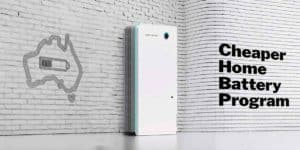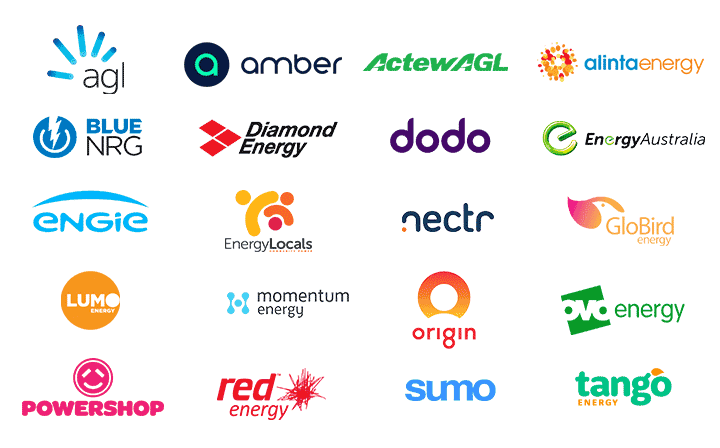 Electricity plans often come with a variety of fees – from credit card fees, reconnection and disconnection fees and late payment fees. The table below provides a summary of average fees for small businesses for each retailer in each state to help you compare retailers. To view business electricity fees that apply for a specific plan in each electricity network please click on the view button in the table below to take you to their detailed plan listing where you can access the Basic Plan Information including these fees.
Electricity plans often come with a variety of fees – from credit card fees, reconnection and disconnection fees and late payment fees. The table below provides a summary of average fees for small businesses for each retailer in each state to help you compare retailers. To view business electricity fees that apply for a specific plan in each electricity network please click on the view button in the table below to take you to their detailed plan listing where you can access the Basic Plan Information including these fees.
Select your State/Territory:
Business Electricity Fees by retailer in the Australian Capital Territory (Canberra – Evoenergy network)
Business Electricity Fees by retailer in New South Wales (Sydney – Ausgrid network)
Business Electricity Fees by retailer in Queensland (Brisbane – Energex network)
Business Electricity Fees by retailer in South Australia
Business Electricity Fees by retailer in Tasmania (Hobart – TasNetworks network)
Business Electricity Fees by retailer in Victoria (Melbourne – CitiPower network)
Average Fees shown. Fees are sourced from Basic Plan Information Documents and Energy Fact Sheets. Blank values reflect that a retailer does not publish fee on their fact sheets (for that network). For connection and disconnection charges where the retailer specifically states that they will not be charged, a value of $0 is entered reducing the average fee across a retailers plans. Disclaimer: We review retailer sites at least weekly to ensure we have a complete set of plans for all retailers serving each electricity network to provide you with the widest choice. However, it is possible that we may not have all of the latest fact sheets for each retailer’s plans. You should always review the Terms and Conditions of any contract taken up with the retailer to ensure you have the latest information.

Cheaper Home Battery Program set to boom
The Federal government’s new $2.3 billion Cheaper Home Batteries Program offers a generous battery discount for Aussie households and small businesses.

Ausgrid Community Battery trial
Over the last 6 months of 2024, Ausgrid has rolled out 19 Community Batteries across parts of Sydney, Newcastle and the Central Coast.

Ausgrid Solar Tax. Annoying, but it’s no apocalypse.
There’s been a fair bit of noise about the so-called “sun tax” that solar households in the Ausgrid network (Sydney/Hunter/Central Coast) will soon be subject to.



